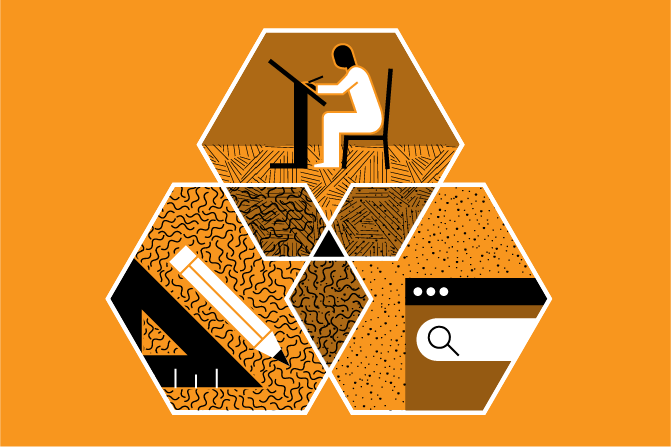
While social science has a long history of delivering insights into the way people and groups function, those findings have not always been integrated into design practice. This is to our collective detriment, as the spaces we spend our time in have a large influence on the nature of our experience—whether we are at work, at play, or at home. Failure to consider the full range of human needs and goals has often led to the creation of environments that do not adequately support comfort, wellness, collaboration, or performance.
The AIANY Social Science and Architecture Committee aims to remedy this disconnect by facilitating the development of stronger links between architecture and other fields of expertise that can inform better design. This includes providing opportunities for architects to expand their knowledge in social research through lectures, panels, case studies, and more. The committee also advocates for an increase in social science course work in architectural pedagogy to ensure that future designers begin their careers with the human experience in mind.
Some of the questions the committee tries to answer:
- Why is it important to integrate social science research into design practice? What is the benefit of doing so?
- If this research is yielding performance benefits, why wouldn’t/shouldn’t a practitioner keep that information private? Why share?
- In what ways are architecture educators currently succeeding in integrating social research? In what ways are they failing to do so, and why does that matter?
- Do certain social research practices present ethical challenges? Are there some things we should not do?
- How has environmental psychology shaped architectural practice to date?
- What are the trends in the kinds of research scientists have been using, or sectors of the economy that have been more or less open to using this approach?
Key terms and concepts:
- Applications to professional practice
- Incorporation of social science in architectural education
- Research and its relation to education, profession, practice and ethics
Events related to this theme have included:
- Committee Launch – February 16, 2016
- Social Science Challenging and Reinforcing Spatial Design: From Çatalhöyük to Networked Innovation Communities – April 20, 2016
- The Education of the Architect: Incorporating Social Science, – June 8, 2016
- Social Science and Architecture History Primer – October 25, 2017
- Lighting with People in Mind – May 21, 2018







